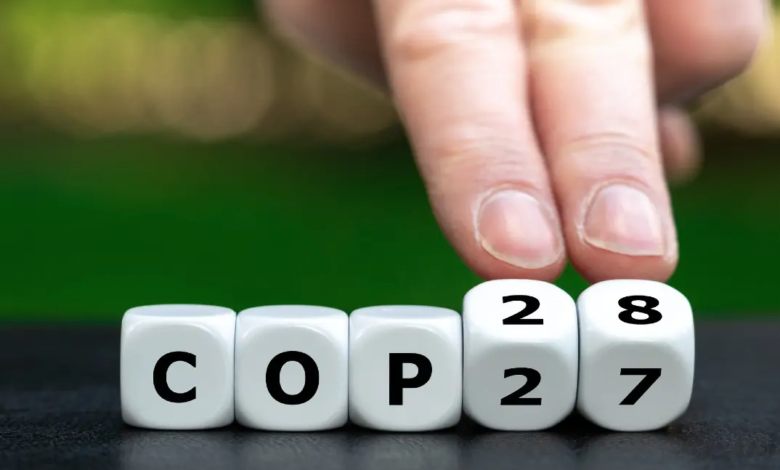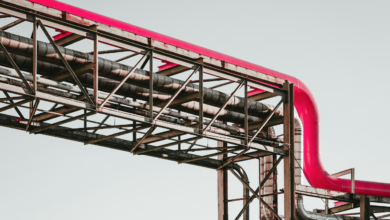Climate negotiations, EU priorities at COP28
Climate negotiations in Dubai to begin in 3 weeks
(sustainabilityenvironment.com) – Push all countries to accelerate climate negotiations in all areas covered by the Paris Agreement. Expand the flow of climate finance. Give a decisive and global cut to fossil subsidies. Find an agreement to increase the installed capacity of renewable energy. And press on the side of action for the restoration of nature. These are the priorities indicated by the European Parliament that the European Union should have at the top of the agenda for the upcoming climate negotiations at COP28 in Dubai, which starts in three weeks.
Parliament’s agenda for COP28 climate negotiations
This year’s event in the United Arab Emirates is an important step in the implementation of the Paris Agreement. In Dubai, in fact, the 200 members of the UNFCCC will have to test themselves with the first Global Stocktake, that is to verify what has been done since 2015 and set the necessary course corrections. For this reason, underlines the European Parliament’s Environment Committee, the COP28 is a valuable opportunity to push all countries to raise the ambition of their climate negotiation goals.
On the climate finance chapter, MEPs want the European delegation to do all it can to honor the commitment to the Loss and Damage Mechanism made last year in Sharm el-Sheikh, which is to make the fund operational as early as 2023. A dossier among the hottest of those on the table of COP28, is increasing distrust between rich and developing countries. MEPs also reiterate their call for a dedicated EU public finance mechanism to provide adequate support to meet European climate finance commitments.
Among the other points included in the resolution of the Environment Committee, adopted by 56 votes in favor, 9 no and 1 abstention, the call for an end to fossil subsidies by the Twenty-seven by 2025 at the latest and to block investment in new fossil projects in the world (following the indication provided by the International Energy Agency) stands out. Finally, EU Members stress that the climate crisis and the biodiversity crisis are interconnected and that the objectives of the Paris Agreement cannot be achieved without efforts to restore nature.






